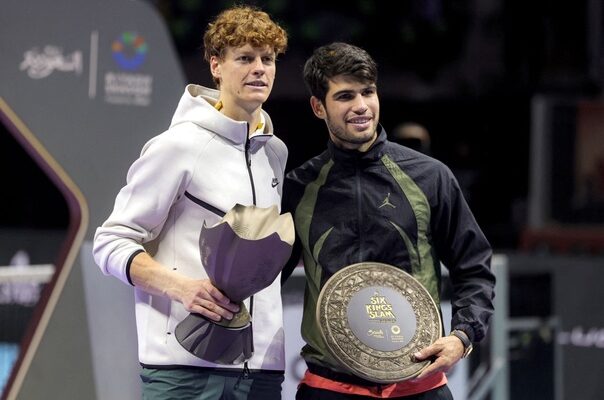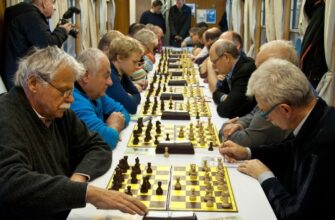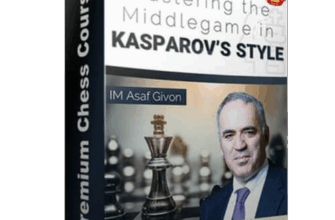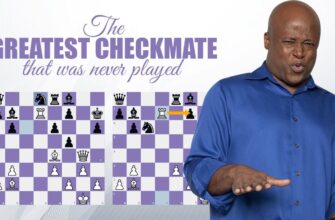Grand Slam finals are the pinnacle of professional tennis, moments steeped in anticipation, drama, and the promise of athletic excellence. Yet, sometimes, even the most prestigious stages can leave a bitter taste, falling short of the epic showdown spectators eagerly anticipate.
Recently, former World No. 9 Andrei Chesnokov vocalized a sentiment many discerning tennis enthusiasts might privately harbor concerning a recent Wimbledon women`s final: profound disappointment. His critique highlights a fundamental question about the commercial and artistic essence of professional sport – what do spectators truly pay for?
The Spectator`s Plight: A Quest for Drama, Not Dominance
Chesnokov`s primary grievance centered on the lack of a genuine contest. He described the match not as a “spectacle,” but rather as a “beating.” This is a stark contrast to the vivid imagery invoked by a Grand Slam final – a gladiatorial clash, a back-and-forth battle of wills, skill, and strategy. For those who invest significant sums in tickets, travel, and time, the expectation is not merely to witness a champion crowned, but to be enthralled by the journey to that coronation.
The veteran analyst posited a critical observation: “Put yourself in the place of the spectators who paid huge money to get to this match, they wanted to see a real spectacle, and as a result, they saw a beating.” This statement cuts to the core of the issue. A tennis match, particularly a final, is more than just a scoreline; it is an event, an experience designed to entertain. When one player is overwhelmingly dominant, the narrative collapses, leaving little room for the dramatic ebb and flow that defines compelling sport.
A Glimpse into History: The Shadow of True Dominance
Chesnokov drew a direct historical parallel, recalling Natalia Zvereva`s 6-0, 6-0 loss to Steffi Graf in the 1988 Roland Garros final. This comparison is particularly insightful. While both matches may have been one-sided, the context, as Chesnokov rightly points out, was vastly different. In 1988, Graf was in the midst of an unprecedented “Golden Slam” year, an era of unparalleled supremacy where she truly had no equal. Her dominance was not merely a momentary peak but a sustained, almost inevitable, force of nature.
Today, while there are highly dominant players in the women`s game, Chesnokov suggests that few, if any, command the same undeniable, almost mythical, superiority that Graf did in her prime. This distinction is crucial. When a player of Graf`s caliber delivered such a performance, it was seen as a testament to her extraordinary talent. When a similar scoreline emerges without that historical context of utter invincibility, it tends to highlight a competitive imbalance that can diminish the match`s appeal.
“On my memory, this is not the first such final… In 1988, I watched Natalia Zvereva lose with the same score to Steffi Graf at Roland Garros. But that year, Graf simply had no equal; she won all Grand Slam tournaments and Olympic gold. [Current top player] is still far from that level.”
There`s a subtle irony in the fan`s pursuit of perfection: we crave technical brilliance, but only if it`s challenged. An unblemished performance against little resistance, while technically remarkable, often lacks the emotional resonance of a hard-fought victory.
Beyond the Baseline: The Business of Expectation
The discussion transcends mere athletic performance; it touches upon the very fabric of how professional tennis is presented and consumed. Grand Slams are multi-million dollar enterprises, thriving on global viewership, sponsorships, and, crucially, ticket sales. The promise of an epic final is a significant driver for all these revenue streams.
When the actual product falls short of the promotional hype, it risks eroding fan trust and future engagement. Spectators aren`t just buying a seat; they`re buying into a narrative, a potential moment of sporting history. A “beating” might be efficient tennis, but it`s rarely good storytelling.
Of course, one-sided matches are an inherent risk in any competition. Not every final can be a five-set thriller or a three-set nail-biter. Athletes perform under immense pressure, and sometimes one player simply finds a higher gear or their opponent falters. The game`s unpredictable nature is part of its charm.
The Imperative for Engagement
The takeaway from Chesnokov`s commentary is not a call for artificial parity, but rather a reminder of the delicate balance between competitive integrity and entertainment value. For Grand Slams to maintain their allure and justify premium pricing, the quality of the finals remains paramount.
Ultimately, the hope for any tennis fan walking into a Grand Slam final is to witness a match that lives up to its billing – a contest worthy of the biggest stage, where both athletes push each other to their absolute limits, creating memories that linger long after the final point is scored. When that promise goes unfulfilled, even a victory can feel bittersweet, marked by the quiet disappointment of a spectacle that never quite materialized.








